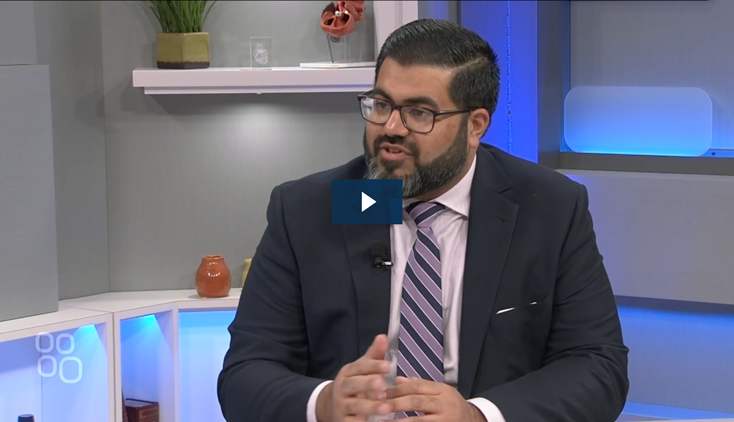Algorithms, Clinical Research & Data, AMI Cardiogenic Shock
Dr. Katherine Kunkel: Best Practices in Cardiogenic Shock–TCT 2022
Katherine Kunkel, MD, MSEd, FACC, FSCAI, an interventional cardiologist at the Piedmont Heart Institute in Atlanta, presents data reinforcing six best practices for managing cardiogenic shock.
- Hemodynamic monitoring matters. “Something Dr. O’Neill taught me when I was at Henry Ford,” Dr. Kunkel explains, “if you look at data and you keep reading different trials and you see things over and over again, you know those things tend to be truths.” She points to early experience with Impella® heart pumps in the IQ registry as well as multiple other studies examining the use of hemodynamic monitoring and survival outcomes in AMI cardiogenic shock. “Patients who have invasive hemodynamic monitoring, despite being sicker, are more likely to survive,” she states.
- More pressors, more problems. Dr. Kunkel presents data from RECOVER III, the National Cardiogenic Shock Initiative (NCSI), and the cVAD Study® reinforcing that patients who receive Impella support before needing inotropes and pressors are less likely to die. Notably, she mentions, “The single strongest predictor of mortality in a woman is the number of inotropes and vasopressors she’s on before an Impella is placed.”
- Timing counts. Dr. Kunkel emphasizes RECOVER III and INOVA data showing that the sooner mechanical circulatory support (MCS) is inserted in a patient, the less likely the patient is to die.
- MCS before PCI. Early IQ registry data, RECOVER III, and 13 other meta-analyses and trials demonstrate that patients who receive Impella heart pumps before PCI are less likely to die. “Over and over again,” Dr. Kunkel asserts, “we’re seeing this very clear message that MCS before PCI makes a difference in this patient population.”
- Protocols and teams save lives. Dr. Kunkel describes the importance of putting all of these best practices together to build a protocol for managing cardiogenic shock. She traces how the Detroit Cardiogenic Shock Initiative led to NCSI, which led to algorithms of care for cardiogenic shock that have been elegantly validated by the INOVA group. “And now for the first time,” says Dr. Kunkel, “we’re seeing dramatic improvements in survival when we systematically approach these patients.”
- Therapies are dynamic. “Shock is dynamic,” Dr. Kunkel explains, “and we can use hemodynamics and markers of end organ perfusion to really predict how a patient’s going to do at the 12-to-24-hour mark. And perhaps we can act on some of this to change the outcome of our patients.” She highlights actions such as identifying and using MCS for RV failure as well as using a surgically placed Impella 5.5® with SmartAssist® to improve outcomes.
Conclusion. “And why is this all so important right now?” Dr. Kunkel asks. She explains that RECOVER IV will incorporate best practices in the first randomized trial in cardiogenic shock to use a community awareness process for exception from informed consent (EFIC), removing major historic barriers for enrollment in cardiogenic shock trials.
Sign Up for Latest Updates
NPS-3185


